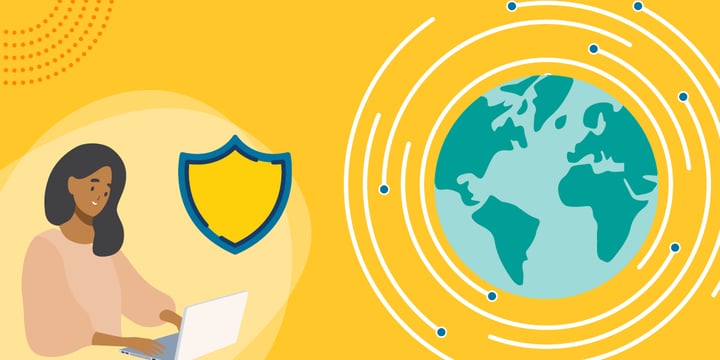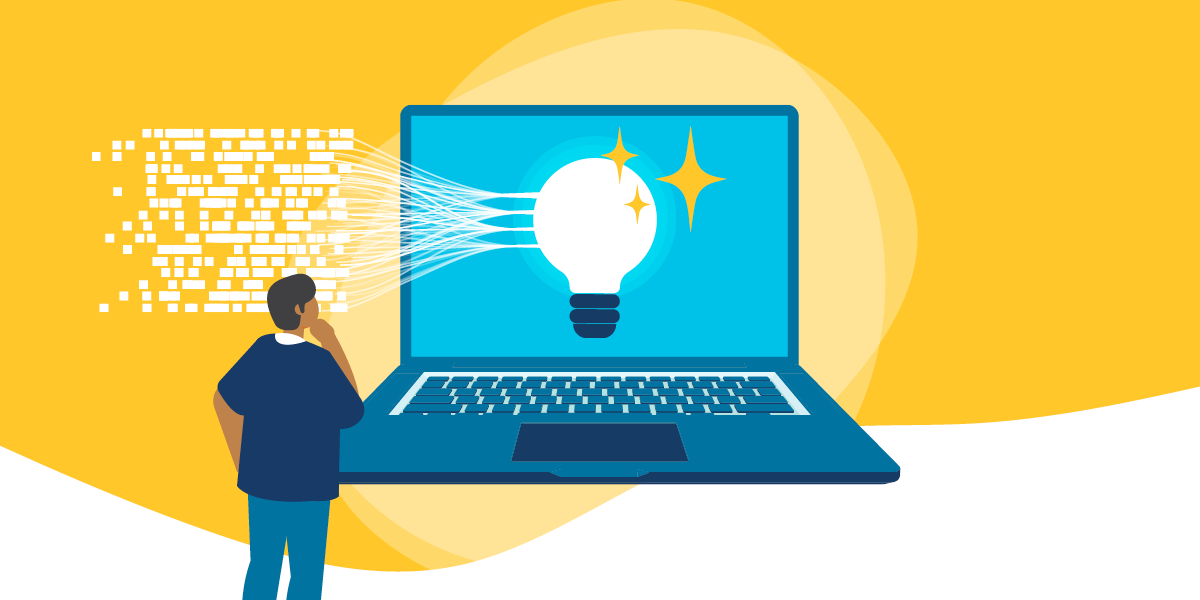In today's interconnected world where technology permeates our daily lives, digital security has become an essential aspect of our personal safety. For survivors of domestic violence, the significance of this security has an even deeper meaning because of the various ways abusers misuse technology. Abusers frequently misuse technology to stalk, monitor, and harass survivors and to gain access to survivors' information to further the harm they have already inflicted.

Cybersecurity products like antivirus software and virtual private networks (VPNs) play a crucial role in empowering survivors to regain control over their lives. These tools offer survivors a means to secure their digital presence, protect their personal information, and have a safer online experience.
Antivirus (Anti-malware) Software
Malware, or malicious software, has the ability to cause significant damage by disrupting, damaging, or gaining unauthorized access to computers, networks, or other electronic devices. There are several different types of malware, with two of the most common being viruses and worms. Viruses and worms can infect email attachments, corrupt or delete files, take control of devices, cause system crashes or freezes, and cause many other technical issues. For survivors, this can compromise their digital safety and make them more vulnerable, which may exacerbate the challenges they are already facing.
Spyware and stalkerware are forms of malware that are especially relevant to many survivors. These are tools that let one person secretly track and monitor the phone or computer activities of another person without their consent.
Antivirus software is a type of computer program that is designed to scan devices to detect and remove malware. Some antivirus software has the capability of detecting and removing some kinds of spyware and stalkerware. Norton 360 is antivirus software designed to detect a wide range of cybersecurity threats, including spyware and stalkerware. It scans files, applications, and network traffic to identify potential spyware or stalkerware and alerts the user. It can also search for a user's personal information online and find potential threats to their identity.
While antivirus software is highly useful, it is important to understand that it is just one piece of the tech safety puzzle. It has to be updated regularly to ensure effectiveness because the updates make sure the software knows about threats that are newly discovered by researchers. It may not detect all malware, so survivors should remain vigilant by paying attention to any unusual behavior on their devices.
It is also important to note that, while antivirus software may be able to notify users about some leaks of their sensitive information, it cannot “un-leak” that information. Antivirus software also cannot prevent an abuser from using a survivor's passwords that they know through coercion, manipulating survivor's devices they have physical access to, or other types of tech-facilitated abuse and stalking. Anti-malware can help the survivor's safety plan if the abuser is trying to find ways to monitor the survivor's device.
Virtual Private Networks (VPNs)
A VPN service masks the user's IP address from websites that they visit while their device is connected to a server, by replacing the user's IP address with its own. This effectively reroutes a user's Internet traffic through the VPN's server. This allows a survivor to hide their true location from websites they visit and accounts they log in to, providing an extra layer of protection if a stalker or abuser gains access to those accounts or those website data. The connection to the VPN also provides a layer of encryption that makes it more difficult for anyone, including a stalker or abuser, to monitor a survivor's Internet traffic.
It's important to note that while VPNs offer significant benefits, they are not a standalone solution. For increased security and privacy, survivors can also consider being cautious about what personal information they share online, as well as take measures to increase password security like using strong, unique passwords and enabling two-factor authentication. Additionally, seeking assistance from domestic violence support organizations and professionals is crucial for ensuring overall safety and well-being.
Helping Survivors Feel Secure
Incorporating these cybersecurity tools into a survivor's safety plan may enhance a survivor's online security and empower them to use technology without the fear of further victimization. It is important to recognize that while cybersecurity tools are an essential aspect of digital safety, they are only one part of a safety plan. Advocates and service providers can also offer support for other concerns. By reclaiming ownership of their digital lives, survivors can regain independence, restore their sense of control, and embark on the journey to rebuild their lives with increased confidence and security.
For more information on tech safety for survivors, please see the Safety Net Project's Survivor Toolkit.
Top photo: Shutterstock








